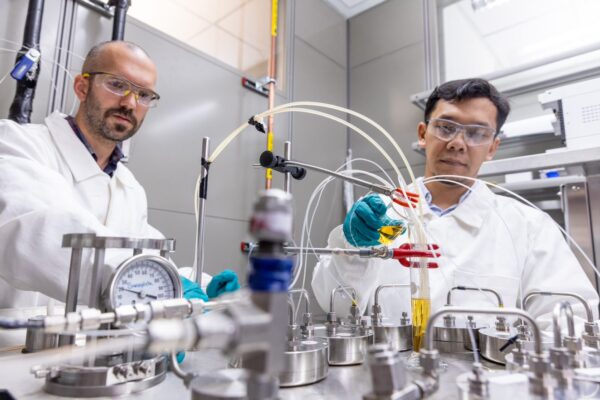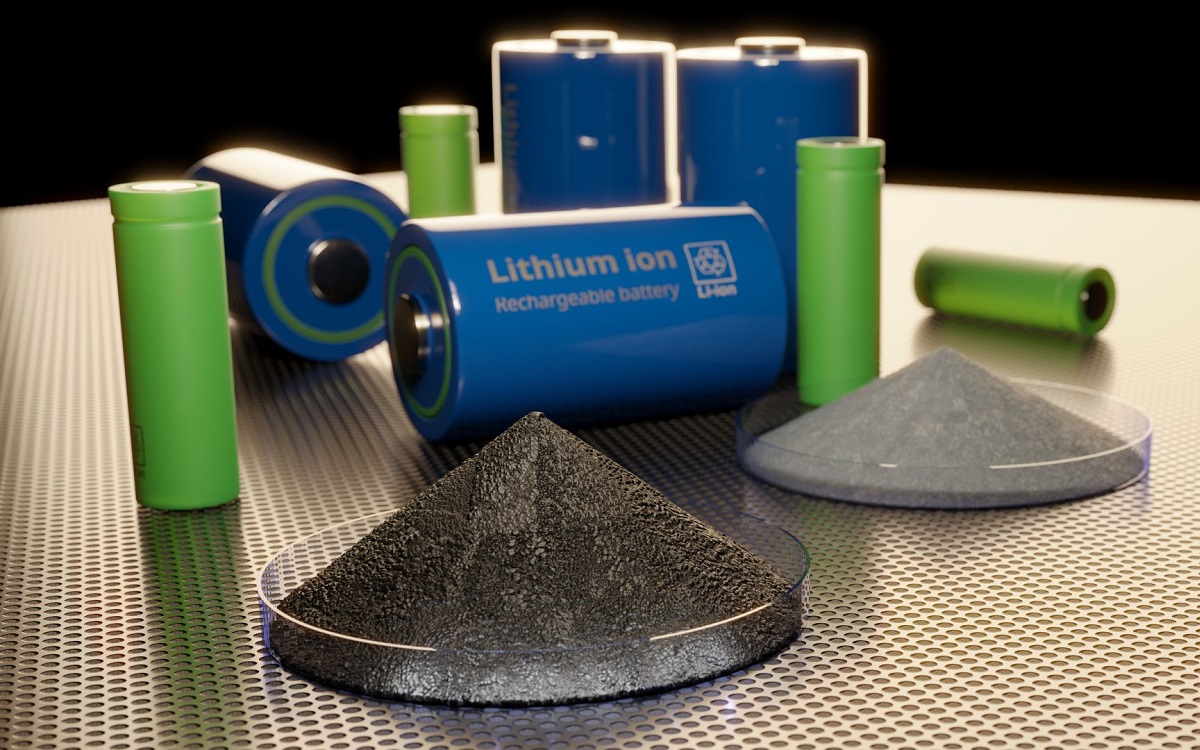A team from the Advanced Membranes and Porous Materials Center at King Abdullah University of Science and Technology (KAUST) has now developed nanofiltration membranes from date seeds using an environmentally friendly process. The nanofiltration membranes are adjustable, efficient, stable and biodegradable.
Energy-efficient nanofiltration membranes
Industrial processes often separate compounds from each other and out of solution using energy-intensive thermal separation, which involves multiple evaporation and condensation cycles. More recently, energy-efficient nanofiltration membranes have emerged as a sustainable alternative. But even these have their downside: fossil-based polymers and toxic chemicals are needed to make them.
Membranes from date seeds
“Date seeds are abundantly available and renewable, with approximately 90 % of the world’s cultivated date palm trees grown in the Middle East and North Africa,” says Prof. Gyorgy Szekely, who leads this research project. “This makes the commercial use of our date seed membrane promising.”
Szekely and his team fabricated the membranes by grinding and sieving date seeds into a fine powder. Organic lignocellulosic components were extracted from the powder and dissolved using a mixture of two sustainable solvents: ionic liquid 1-butyl-3-methylimidazolium acetate and dimethyl sulfoxide (DMSO). The dissolved date seed biomass was cast into a liquid film and treated with mussel-inspired polydopamine to reduce the size of the membrane’s pores. The researchers then tailored the membrane’s separation performance by changing the number and coating time of polydopamine layers.
Excellent performance for organic solvent nanofiltration
Examinations of the membranes using advanced microscopic and spectroscopic techniques were followed by oil and solvent filtration experiments to test their molecular sieving performance. They demonstrated excellent performance for organic solvent nanofiltration, used in the pharmaceutical industry for example, and in oil-in-water separation, used by the petroleum, metal working and food industries. They were also stable when used continuously for a week and biodegradable using a common enzyme.
The team plans to conduct further research to optimize the fabrication process and membrane parameters. A pilot project will test the scaling-up of the process and the consistency and reproducibility of the membrane’s performance. Scaling-up includes the development of a strategy for date seed mass collection from producers.
Further information:





